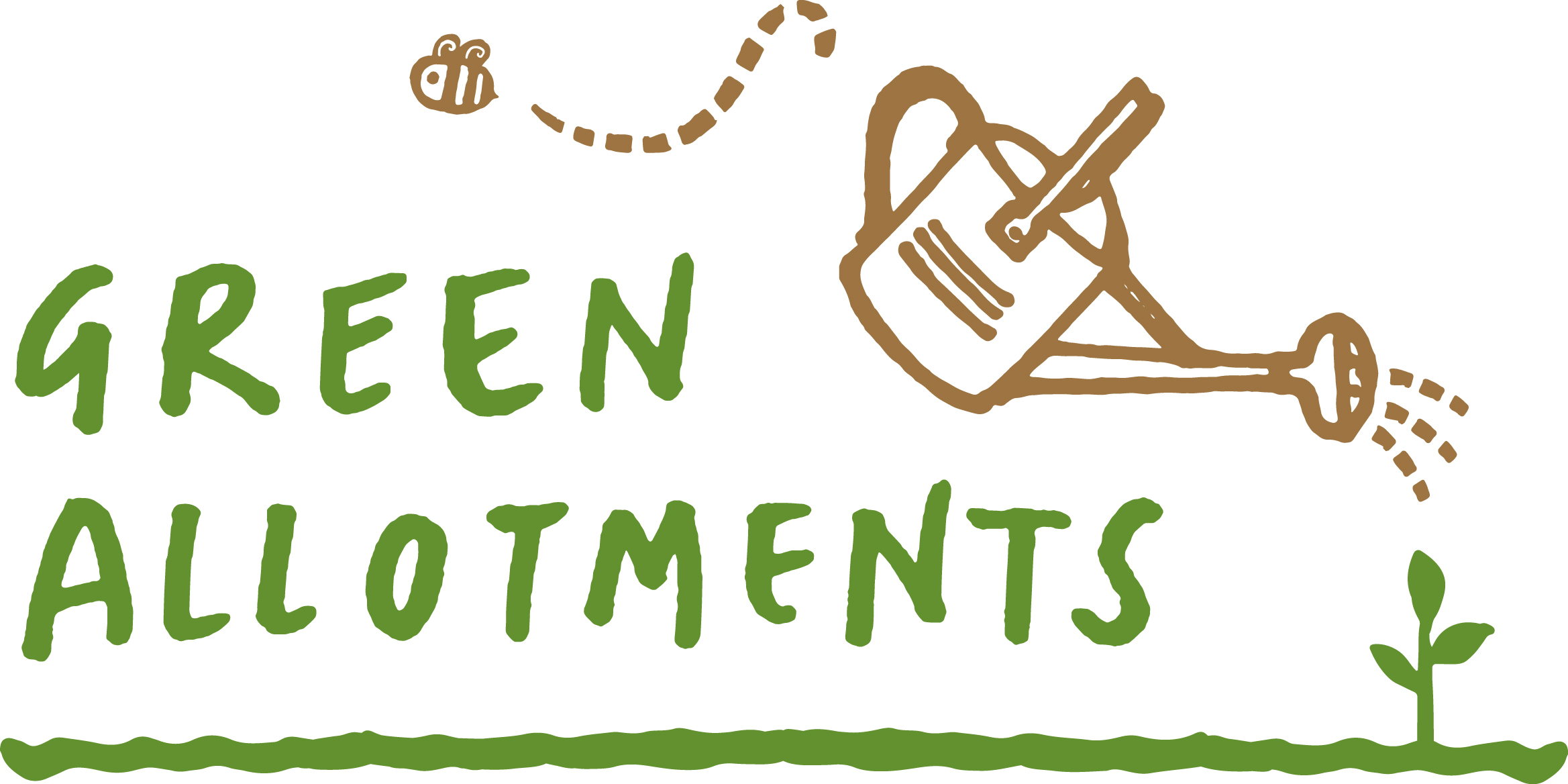Allotments on the green;
Swallows – a lot of them – in spring;
Wallowing through a long time in the sun,
we talk, until the work we have is done.
This week I’ve been reading studies about gardening in schools. Way back in 2007, the Royal Horticultural Society set up The Campaign for School Gardening, to encourage the introduction of outdoor learning, gardening clubs, and community events like ‘Big Dig’ days into schools across England.
The Campaign was a success, enlisting 11,500 schools, ten of which were chosen as exemplars in a report carried out in 2010 by the National Foundation for Educational Research.
There is a lot to be fascinated about in this report.
In the garden English was more engaging, providing “reluctant writers with something meaningful to describe”. History was more real, as one school grew “courgettes, tomatoes and herbs in order to make a Roman meal at the end of term”. Maths was more useful, as a circle garden planner sequenced months in regular segments in which were placed the harvesting and planting activities for each season.
The “general feeling” among the schools spoken to was that the garden is “a real leveller”. In the garden the hierarchy of the classroom is muted, suddenly changed.
Almost every school reported the positive effect gardening had on those with “severe behavioural problems when based in the classroom”. The garden appears in this report as a place where people are more equal, relaxed, united under the same sky. A place a bit apart from the strictures, expectations and anxieties of the formal classroom.
But what interested me most in the report was the connection repeatedly drawn between working outside and open conversation. This came up again and again.
“When you’re out there you feel like you won’t be told off if you say something. In the classroom you might be scared to say something in case it was silly”, said one student.
Teachers often commented on how “conversation ‘just flows’ in a garden in a way that it does not in the classroom, as children become absorbed in what they are doing and lose some of the inhibitions that they may feel indoors”. This is particularly true, it is noted, with children who have English as a second language. As children become absorbed in manual work, their mind is free to wander, free enough to unfurl: “being in the garden prompted interesting and thought-provoking empathic conversations”.
One teacher describes this quite beautifully:
When boys have go their hands dirty they talk, they talk and get it off their chest without realising it and possibly without remembering afterwards what they’ve talked about. But they’ve gone through that process and they feel lighter because they have talked about it.
In my experience adults aren’t much different. Something about manual work frees the mind, opens it up.
I remember I was once working painting a barn with someone I’d met just a couple of days before. As the shadows traced their arcs of day across the courtyard of the farm we had the most amazing conversation. It was open, and totally unexpected, lasting about three hours as we stippled our way into the recesses of the barn’s cinder block walls. It brought me closer to this person very rapidly. We were both astonished and happy by our openness to, and acceptance of, the other.
I’ve often wondered about why this conversation, out of nowhere, happened. My best guess is that the work, in a weird way, freed time from the stress of its passing — sometimes we must have been silent for many minutes before replying to the other, in a way that would have seemed slack and awkward in the pub, or would have made the other impatient over coffee. We were both attuned to the task, but our minds were free, and, like the children in the garden, we were levelled, empathic, flowing, our memories reaching recesses in our minds that had not been paid attention to for years. It is rare that you spend so long fixed alongside another person without any distraction, and just enough occupation to stay focussed and present in the moment.
We were both attuned to the task, but our minds were free, and, like the children in the garden, we were levelled, empathic, flowing, our memories reaching recesses in our minds that had not been paid attention to for years.
This report talks about the connection between absorption in outdoor work and intimacy, connection, empathy. What an amazing thing the garden is! and how great it would be for more children and adults across England to enjoy them. It’s been a good week at Green Allotments, as we go about finding new plots for our first sites. Stay tuned, this is just the beginning!

